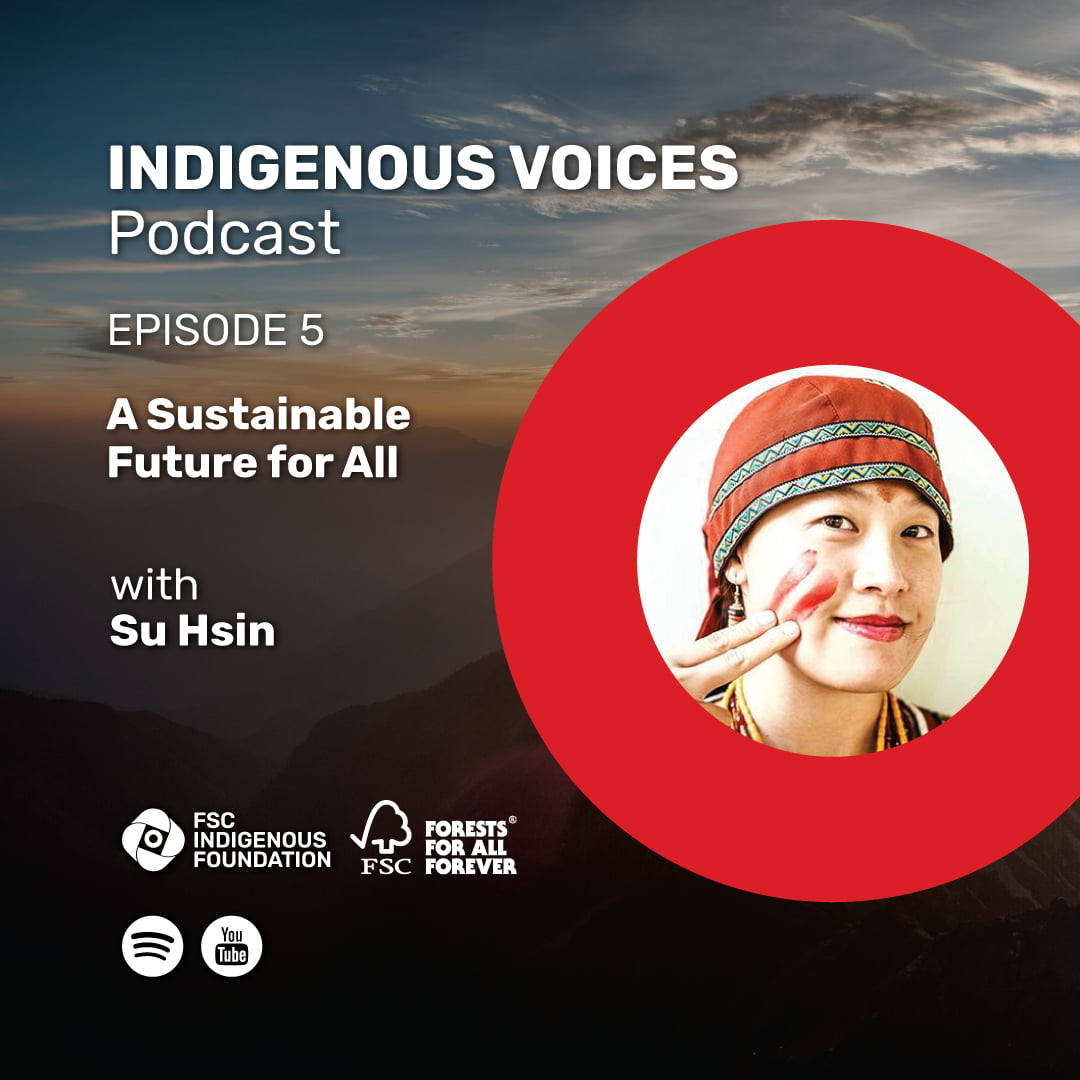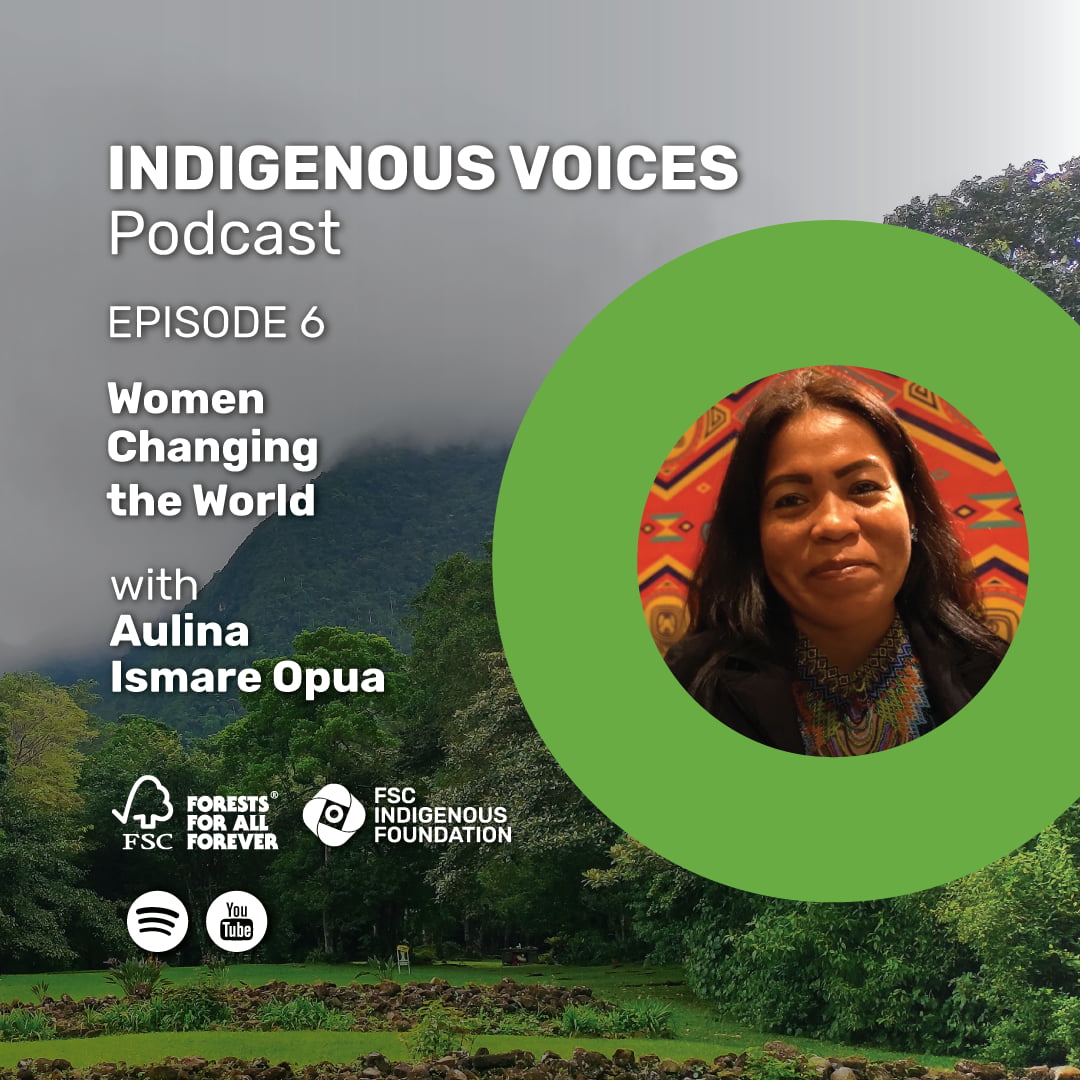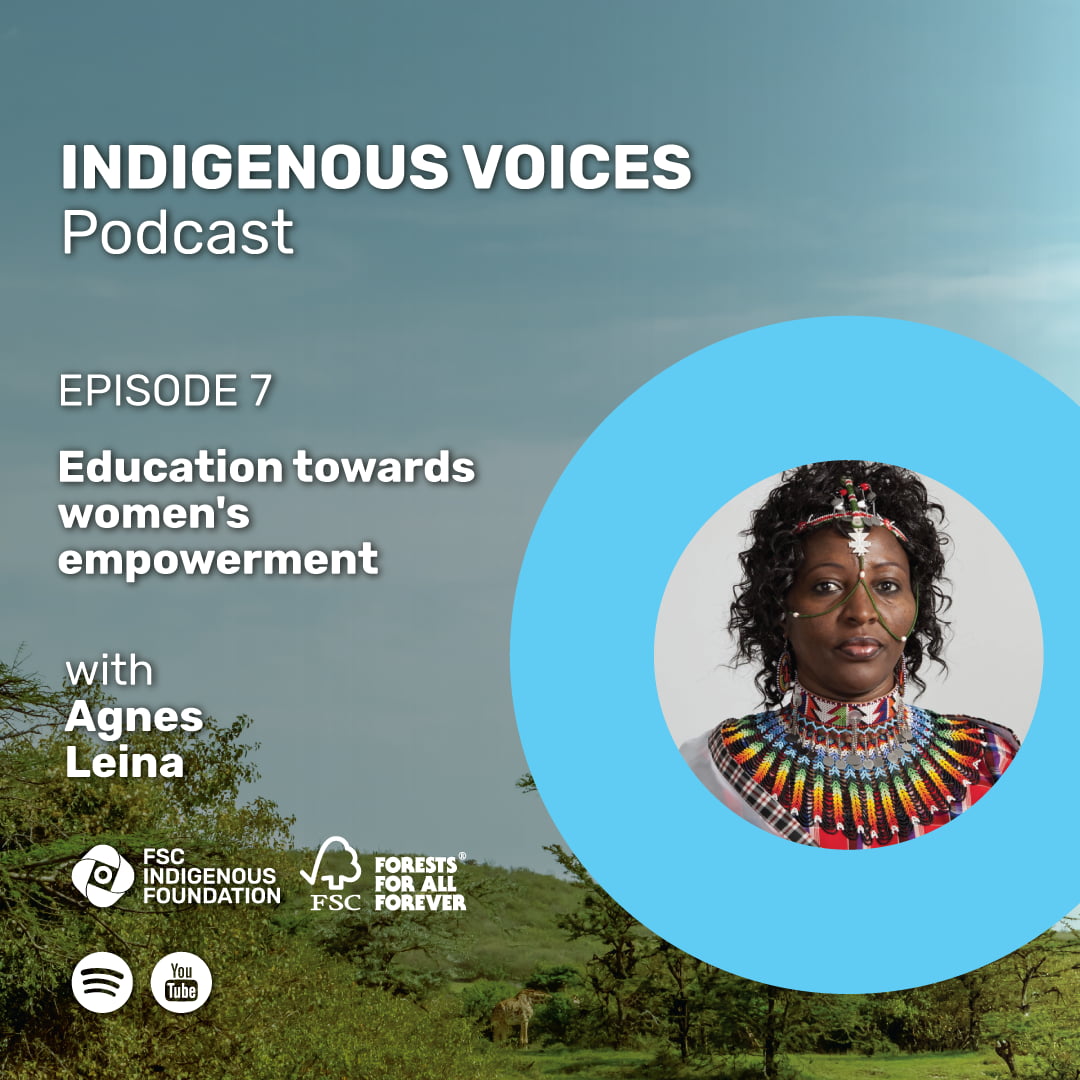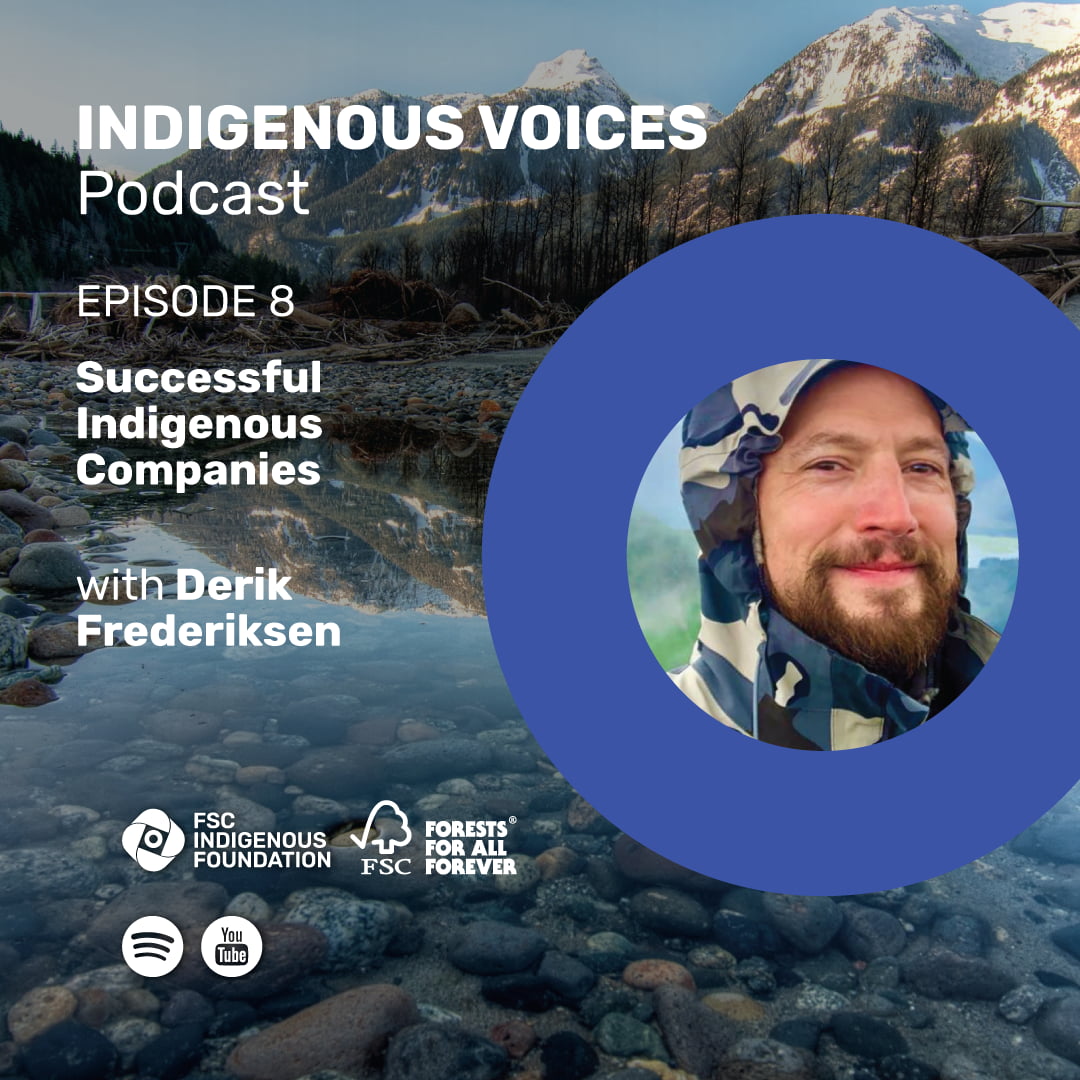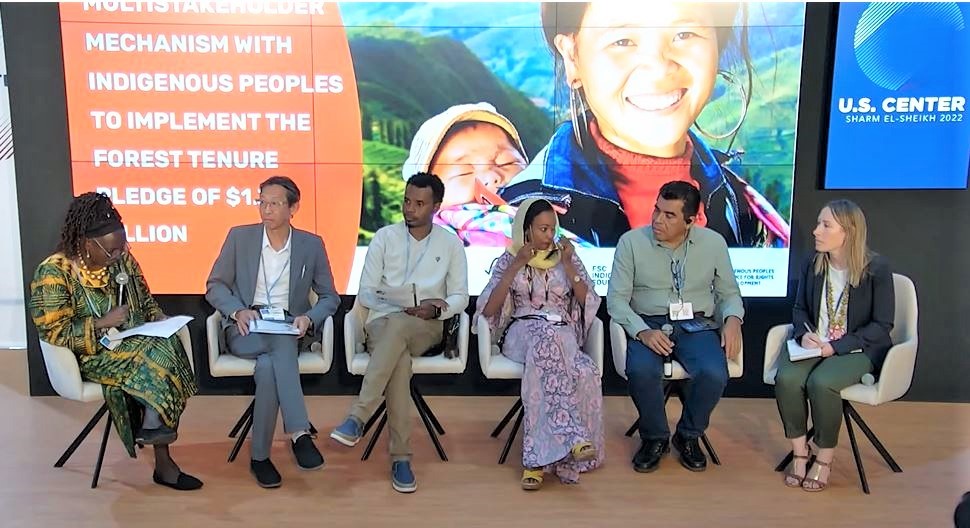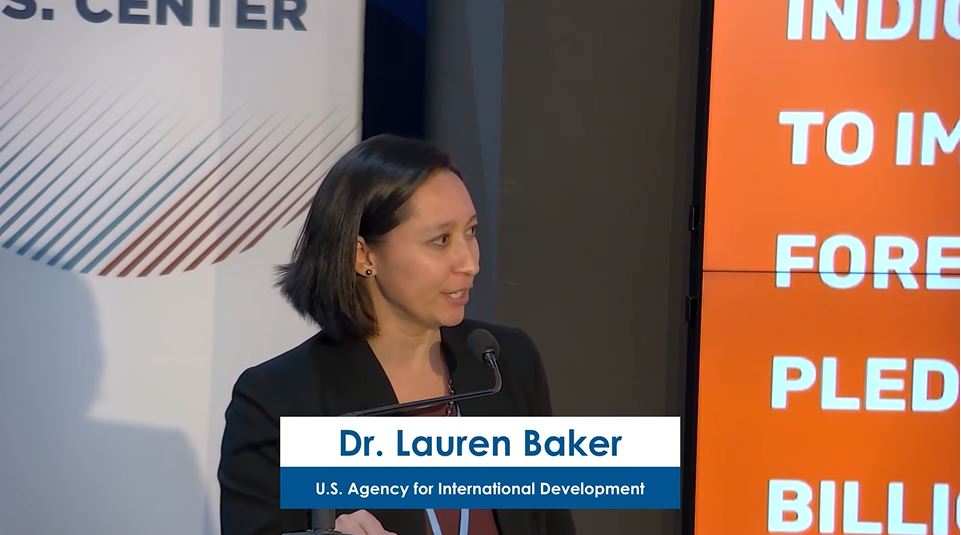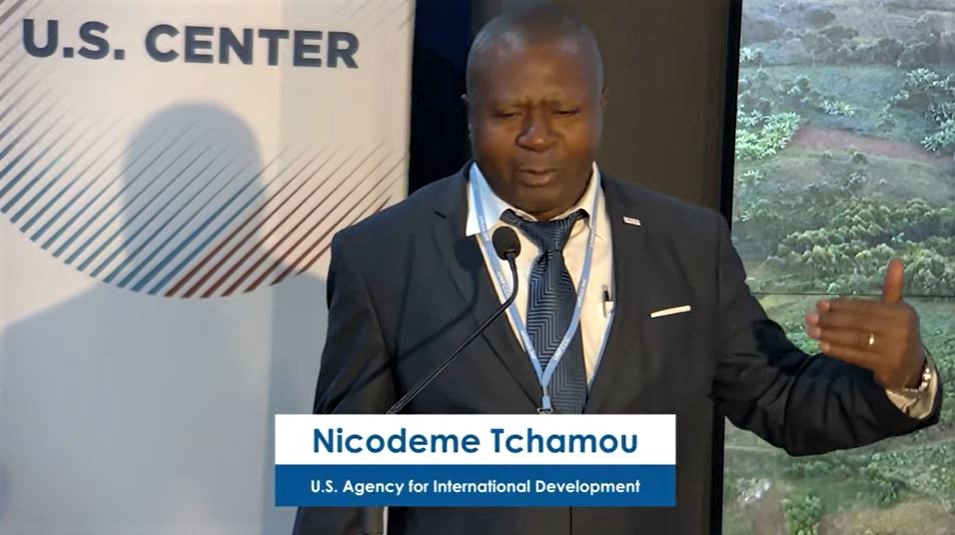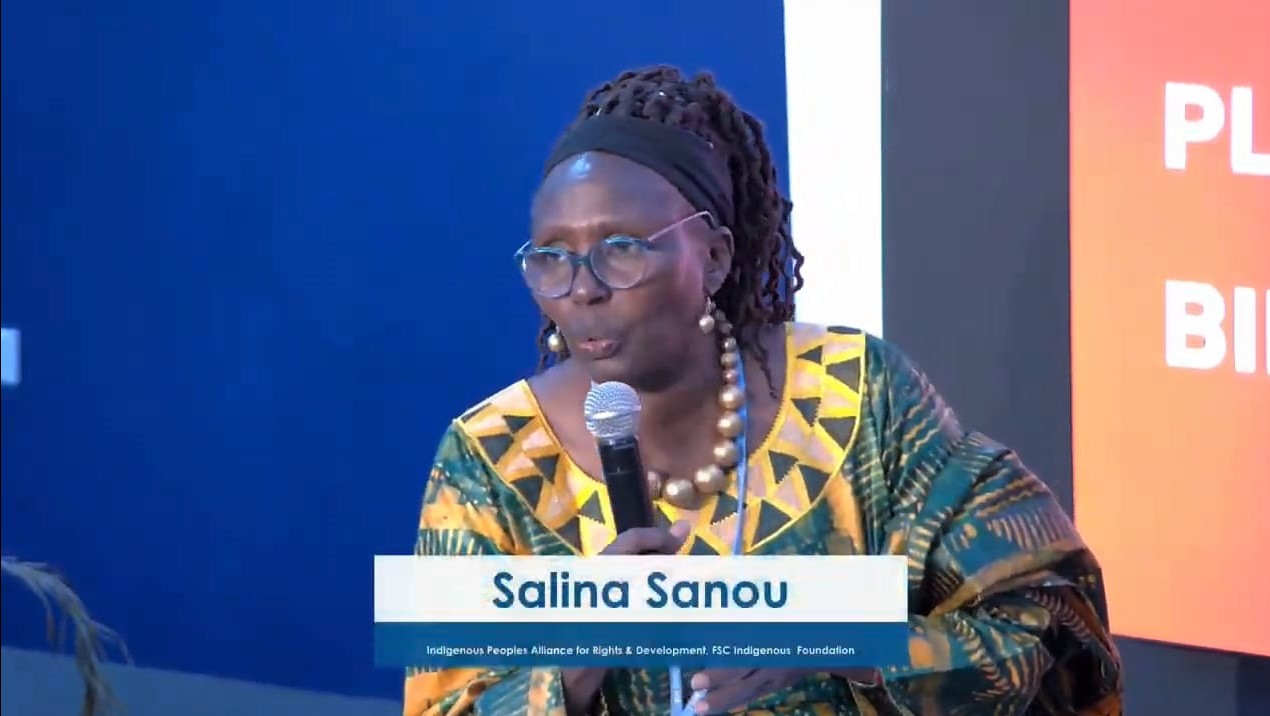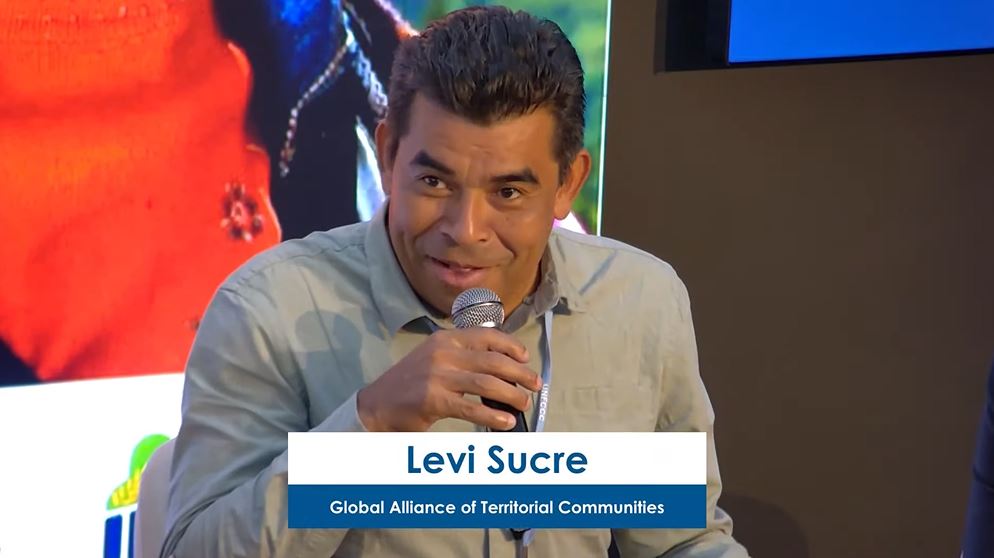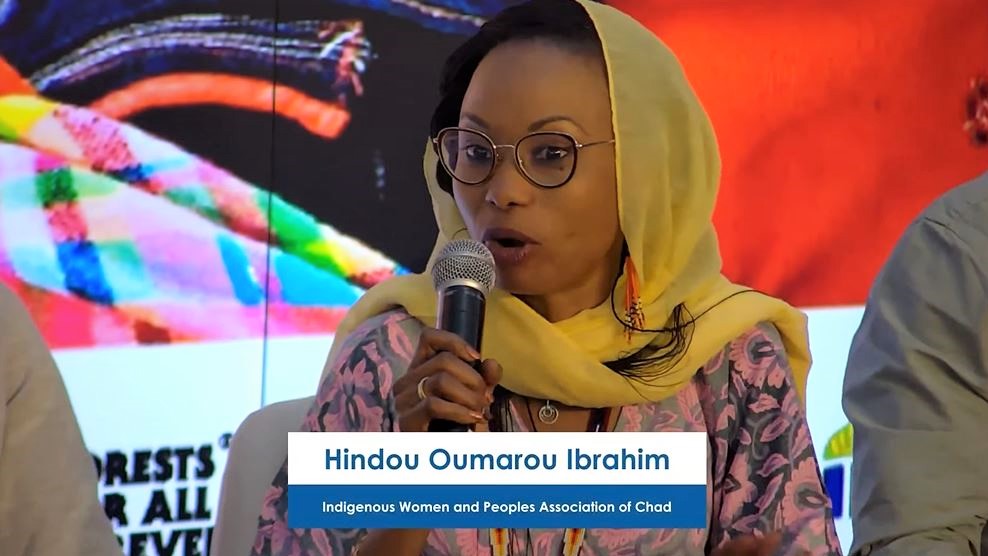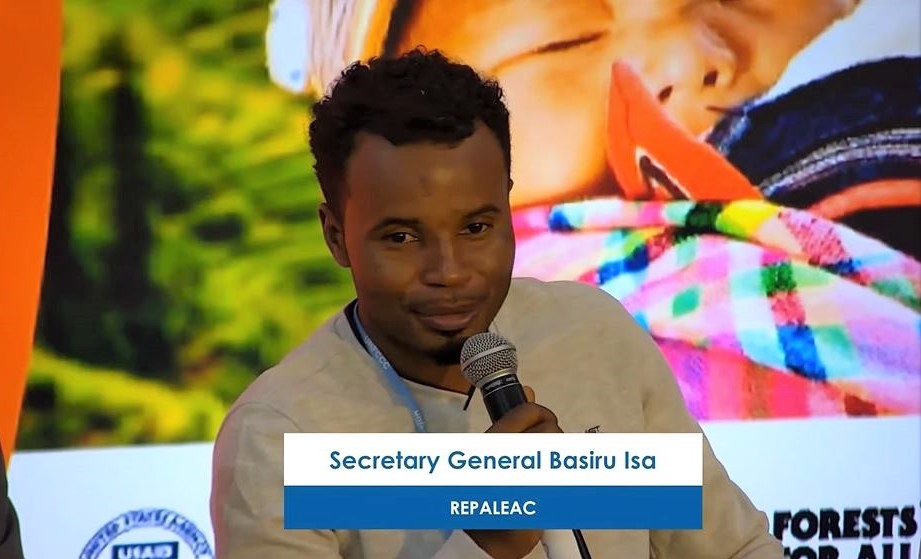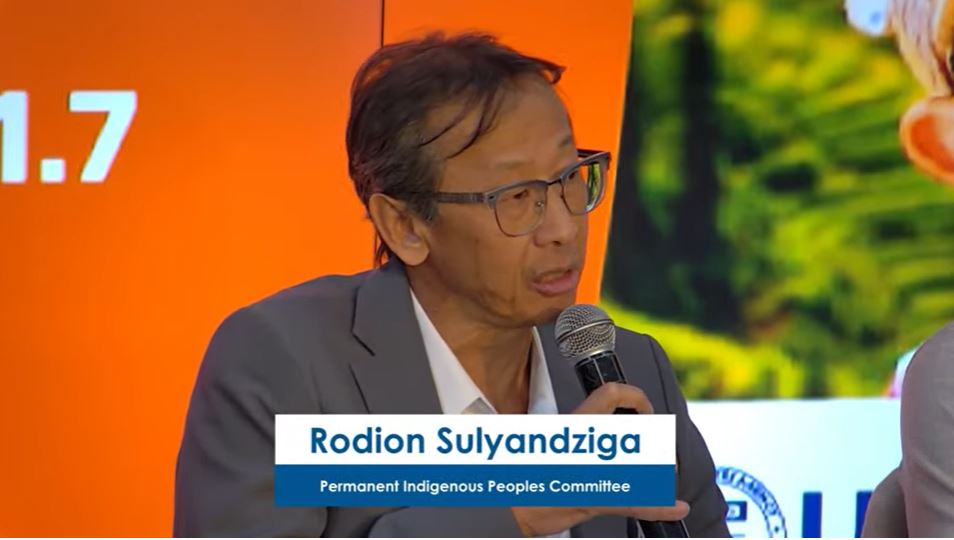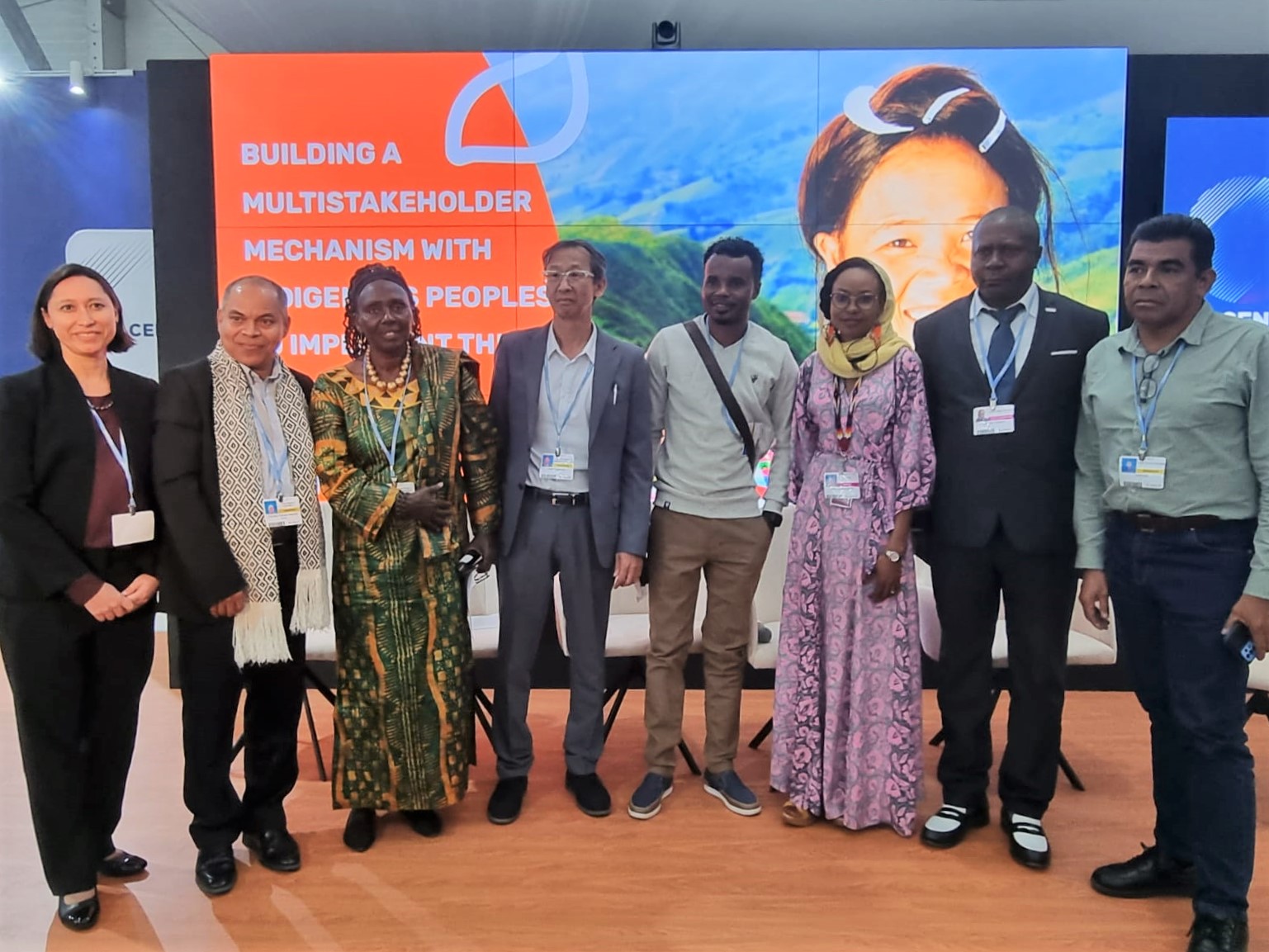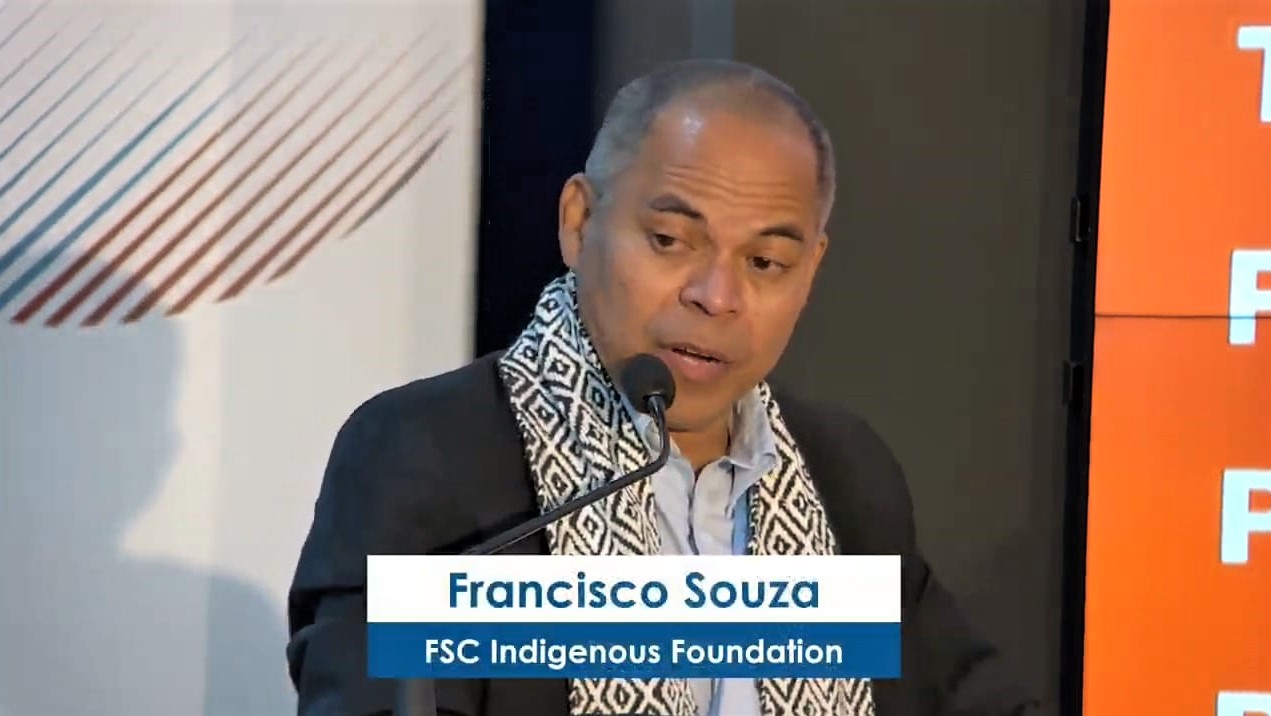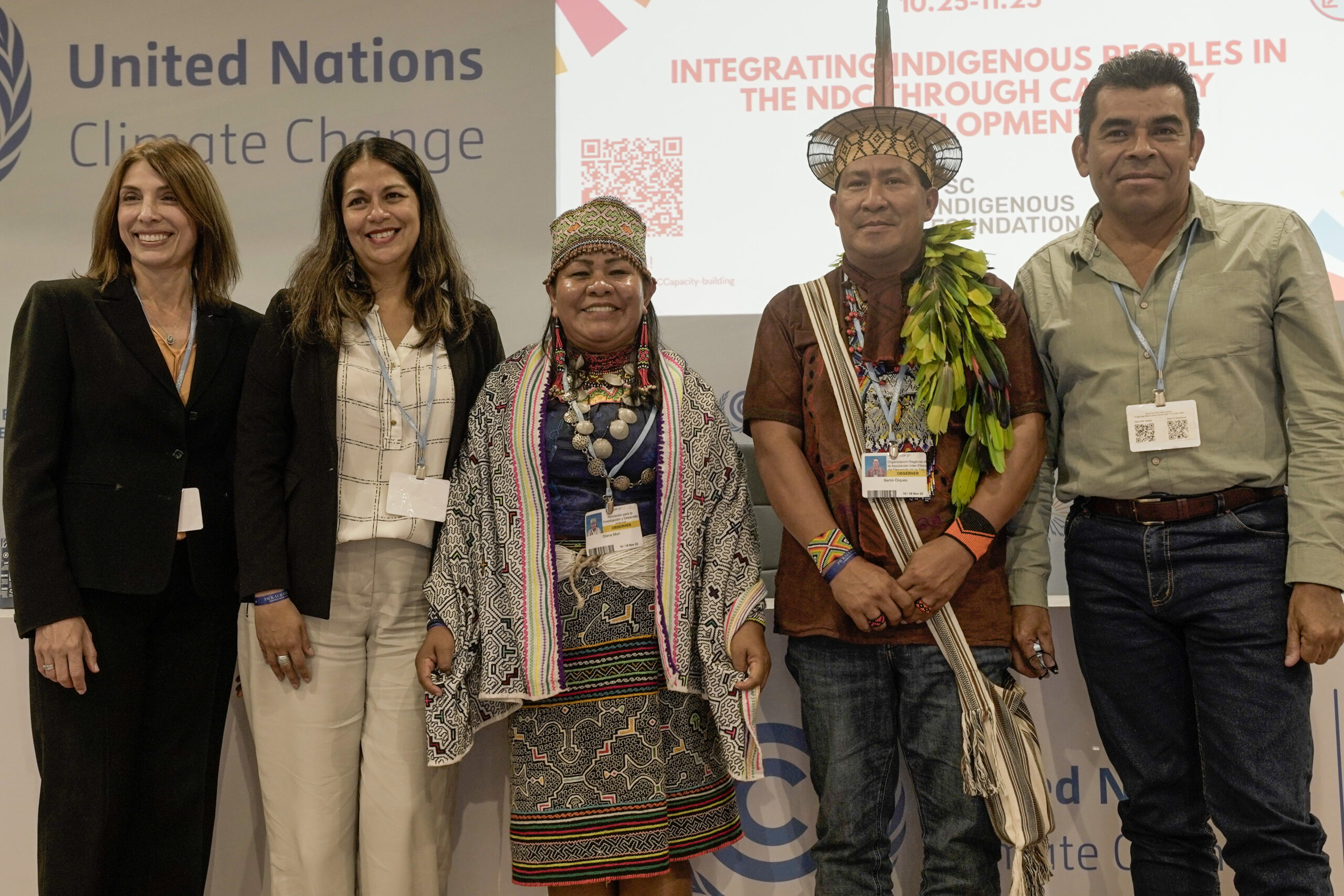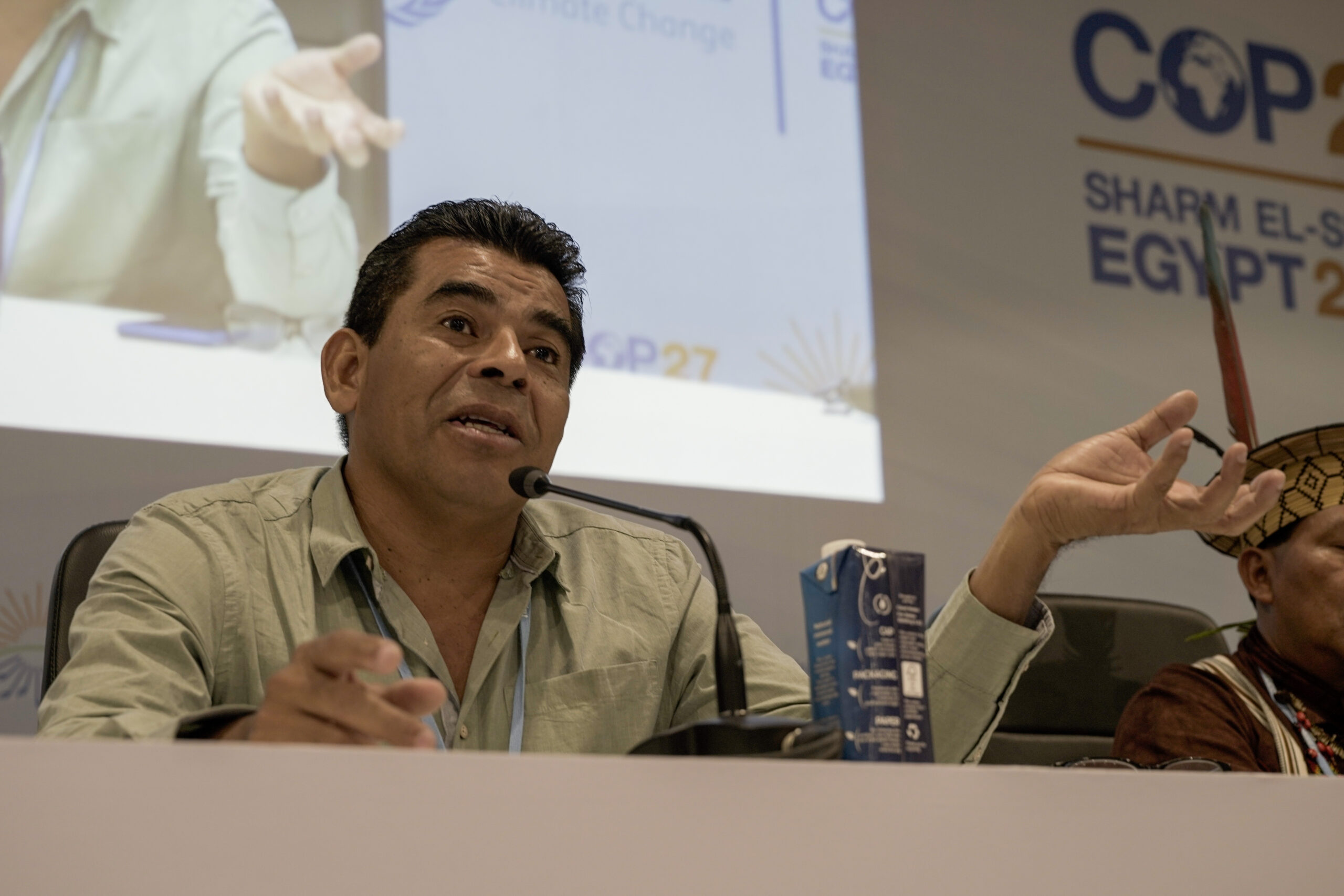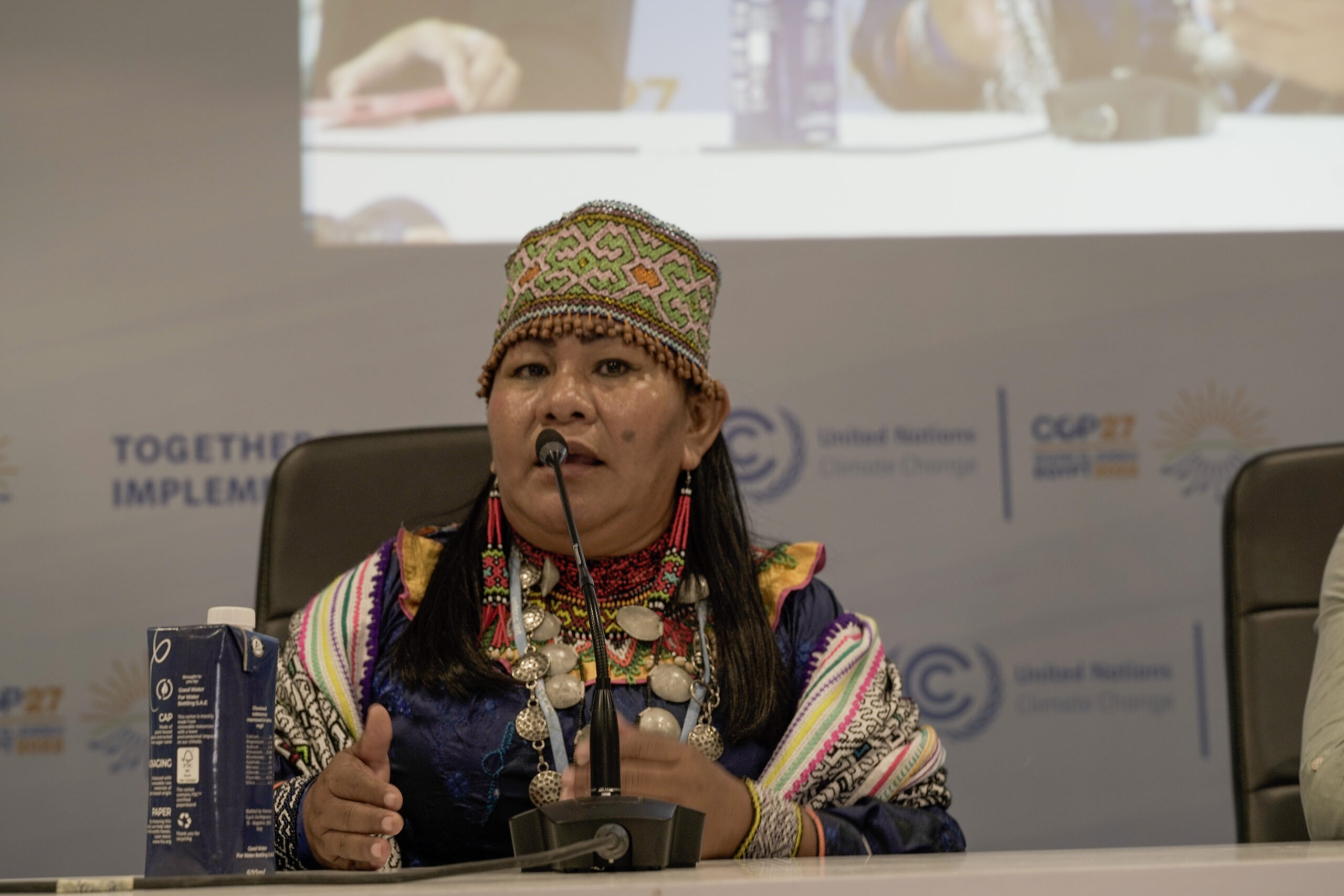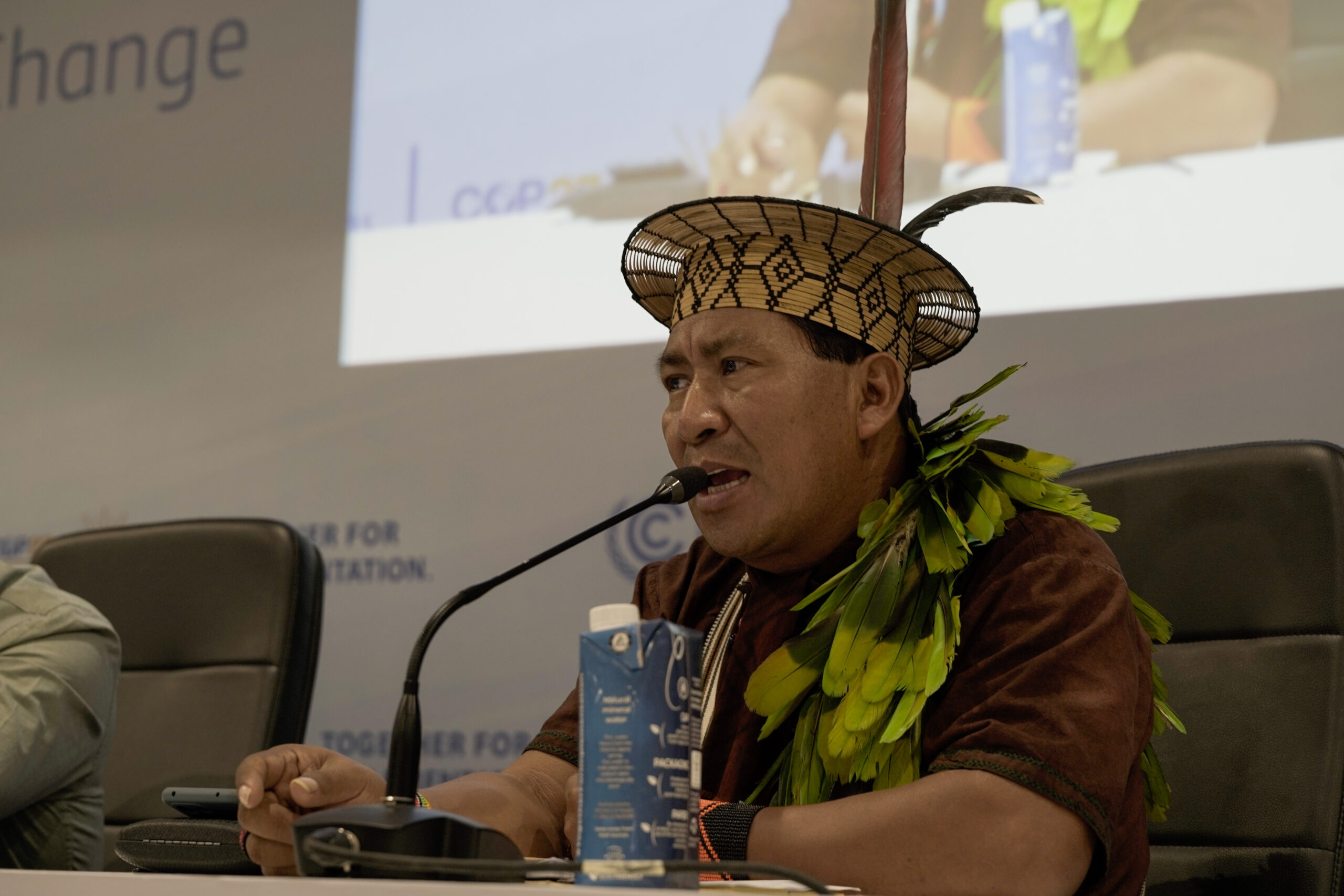A new generation of Indigenous leaders to promote rights and an alternate vision of development
Expert Degree empowers 44 Indigenous community leaders from Latin America to create and support agendas for change
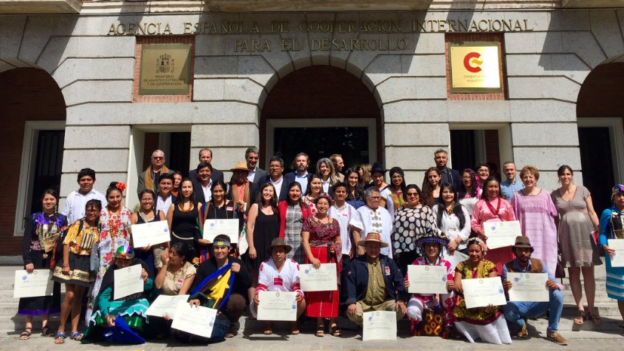
The FSC Indigenous Foundation (FSC-IF) supported the 16th edition of the Course: Expert Degree in Indigenous Peoples, Human Rights, and International Cooperation for Indigenous leaders in Latin America offered by the Fund for the Development of the Indigenous Peoples of Latin America and the Caribbean (FILAC) through the Universidad Carlos III de Madrid.
Strong Indigenous leadership is essential for community development. The students who attended the course will become part of a new generation of global leaders who will provide solutions to protect Mother Earth, rooted in their cosmovision, ancestral knowledge, and innovation.
The future of the whole planet depends on the future of Indigenous Peoples.
The course provided participants with training to assume responsibilities and leadership roles in the design and creation of national public policies to defend and protect Indigenous Peoples’ rights. In addition to leadership and capacity development, the Expert Degree promoted community and knowledge exchange around to the common values among the Indigenous students and awareness of shared challenges.
Myrna Cunningham, Vice President of the board of FILAC, explained, “we have tried to promote a new intercultural higher education model which combines, in a very respectful way, the knowledge of our Indigenous Peoples with the knowledge of modern science together, and innovate, through a constructive dialogue, solutions to respond to the barriers which keep our peoples oppressed and discriminated against.”
Francisco Souza, Managing Director of the FSC-IF, emphasized why Indigenous leadership is so important. “Less than 5% of the population of the planet manages almost 50% of the territory. And this 50% of the territory has been extremely effective in protecting Mother Earth. Here we are talking about 70% of the planet’s native forests…Indigenous Peoples are important in proposing solutions to challenges we face in different parts of the planet.”
Scholarships funded by the Spanish Agency for International Development Cooperation (AECID), the Anne Deruyttere Foundation, the International Labor Organization (ILO), and the FSC Indigenous Foundation allowed 44 students to attend this course, including 25 Indigenous women leaders. The FSC-IF supported nine students from different Indigenous Peoples organizations in Bolivia, Guatemala, and Panama.
“These topics deepen knowledge related to the human rights of Indigenous Peoples to achieve an alternative vision of more human development,” said Enrique Obaldia Pérez of the Guna People of Panama, one of the students supported by the FSC-IF.
Listen to him discuss the importance of learning about the colonization of power, of being and knowing, intercultural education, multilingualism, development of identity, racism, and of living well.
“I will continue to strengthen this knowledge which I consider a way to keep the essence of our true identity as Indigenous Peoples alive,” said Liria Elizabeth Tay Ajquill of the Maya Kaqchikel People of Guatemala, another student supported by the FSC-IF.
Watch Liria’s video on how knowledge can lead to increased visibility of Indigenous Peoples and societies where collective rights and identity are respected and protected.
Read more testimonies of previous graduates here.
At FSC-IF we believe that Indigenous Peoples and their organizations have the capacity and should have access to the right tools and skills to be able to defend their rights, territories and livelihoods and achieve their vision of development. The FSC-IF and its Program the Indigenous Peoples Alliance for Rights and Development (IPARD) work to strengthen the capacities of Indigenous Peoples’ organizations through the development of leadership, planning, management, organizational, technical, and negotiation skills, as well as the capacities of other stakeholders in Indigenous issues.
Watch the closing ceremony of the 16th edition of the Expert Degree here.

